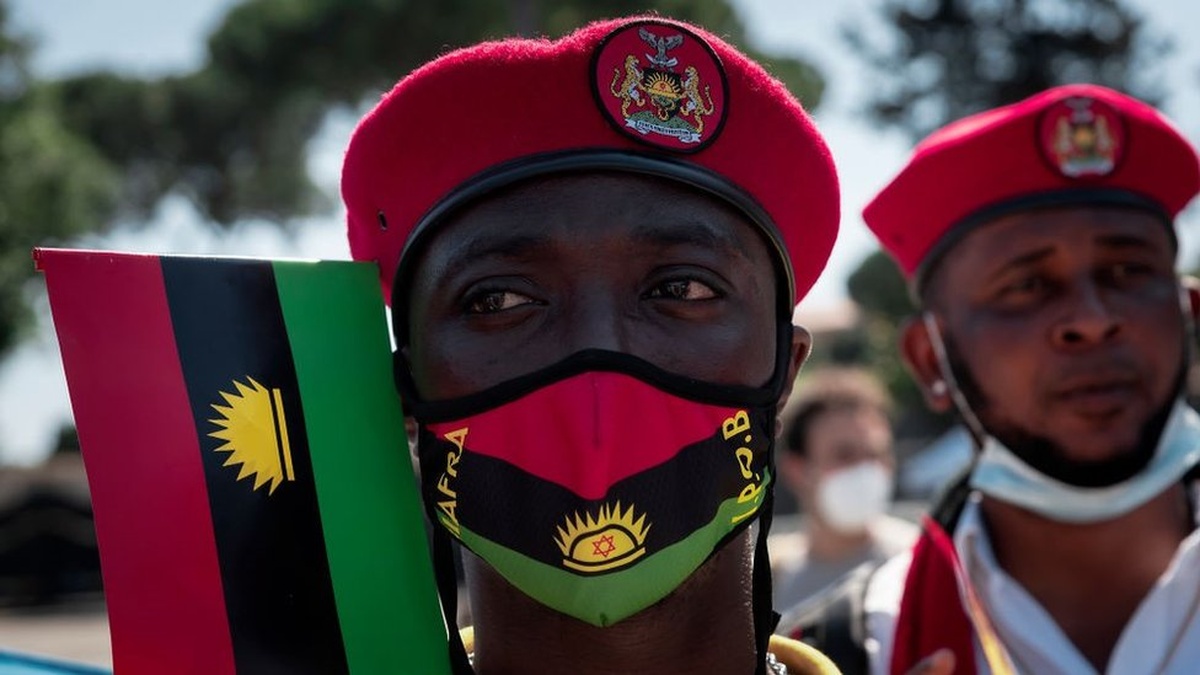Physical Address
304 North Cardinal St.
Dorchester Center, MA 02124
Physical Address
304 North Cardinal St.
Dorchester Center, MA 02124

On May 8, 2025, at least 30 people were killed in a brutal act of separatist violence in Nigeria, according to Amnesty International. The ambush targeted travelers along the Okigwe-Owerri highway in Imo State, where attackers opened fire and torched over 20 vehicles.
Police confirmed the assault but have yet to verify the death toll.
A deadly reminder of Nigeria’s deep-rooted instability.

Gunmen reportedly formed three strike teams. They blocked roads, attacked travelers near Umuna in Onuimo Local Government Area, and set cars, trucks, and buses on fire.
Security forces responded. One suspect was killed in a joint operation, and a broader manhunt is ongoing.
The strike was planned, fast, and merciless.
No one has claimed responsibility yet. However, police suspect the Eastern Security Network (ESN), the armed wing of the banned separatist group Indigenous People of Biafra (IPOB), was behind the attack.
IPOB campaigns for an independent state for Nigeria’s southeastern Igbo population. The Nigerian government has labeled it a terrorist organization.
All signs point to IPOB’s paramilitary arm.
The roots of separatist violence in Nigeria run deep. In 1967, the southeastern region attempted to secede as the Republic of Biafra, sparking a three-year civil war that killed over a million people, mostly from starvation.
More than 50 years later, the unrest continues to resurface.
Biafra’s legacy is still claiming lives.

Amnesty International called the killings a “shocking lack of respect for human life” and urged Nigeria to conduct a transparent investigation in line with international law.
Meanwhile, Nigeria is pressuring Finnish authorities over Simon Ekpa, a Finland-based IPOB figure. Another IPOB leader, Nnamdi Kanu, remains on trial in Nigeria on terrorism charges.
Global attention is turning back to separatist violence in Nigeria.
The killings happened during President Bola Tinubu’s visit to the region and coincided with Kanu’s latest court appearance — raising questions about timing and motives.
Attacks like this show how separatist violence in Nigeria continues to threaten national security and civilian life.
The Southeast remains one of Nigeria’s most dangerous flashpoints.
At least 30 are dead in the latest eruption of separatist violence in Nigeria. Police are investigating, but tensions remain high. With international pressure building and the nation on edge, stability in the Southeast is far from guaranteed.
This isn’t over — not by a long shot.
Daily News. No B.S. No Fluff. Just What You Need to Know.